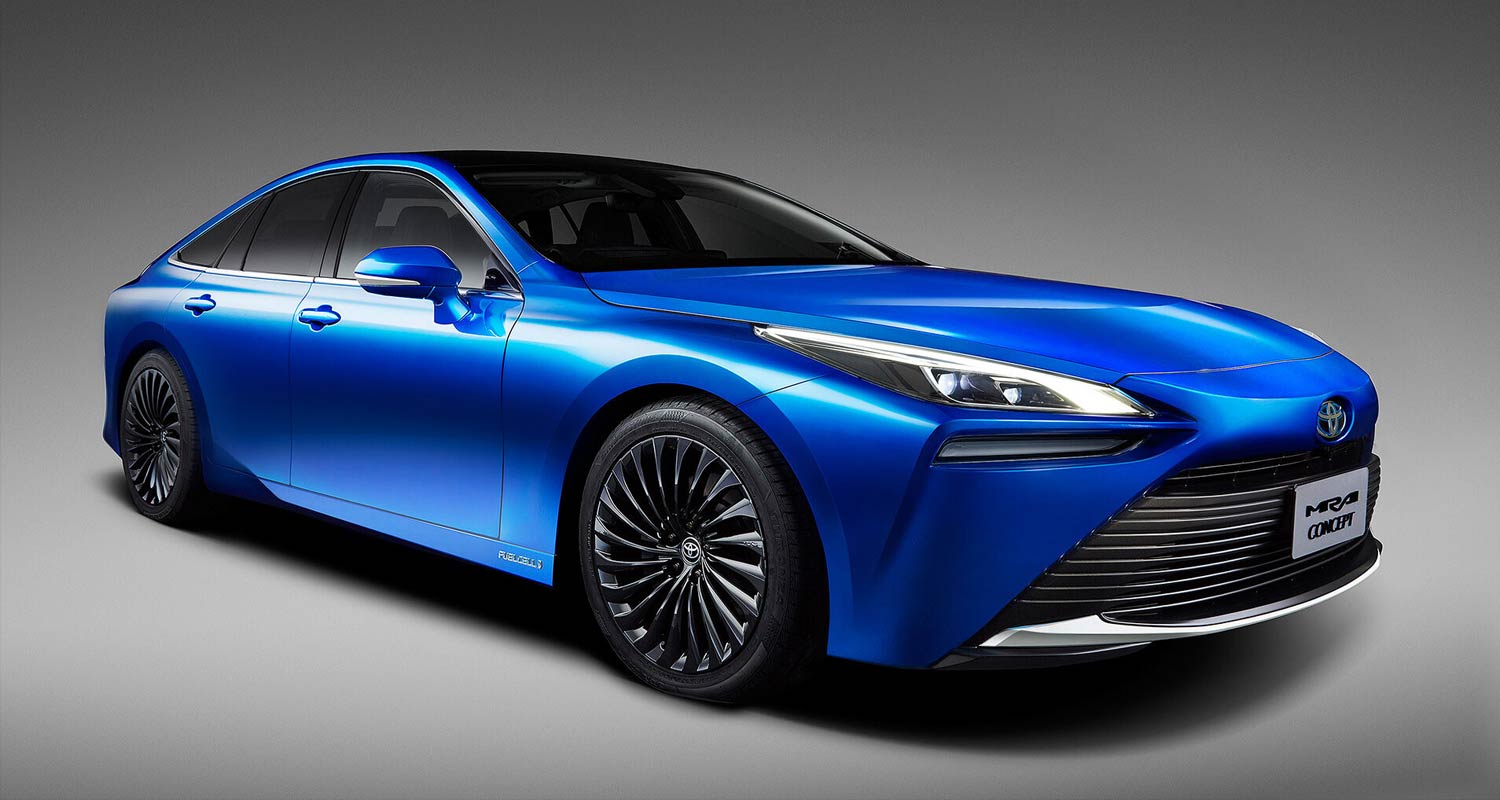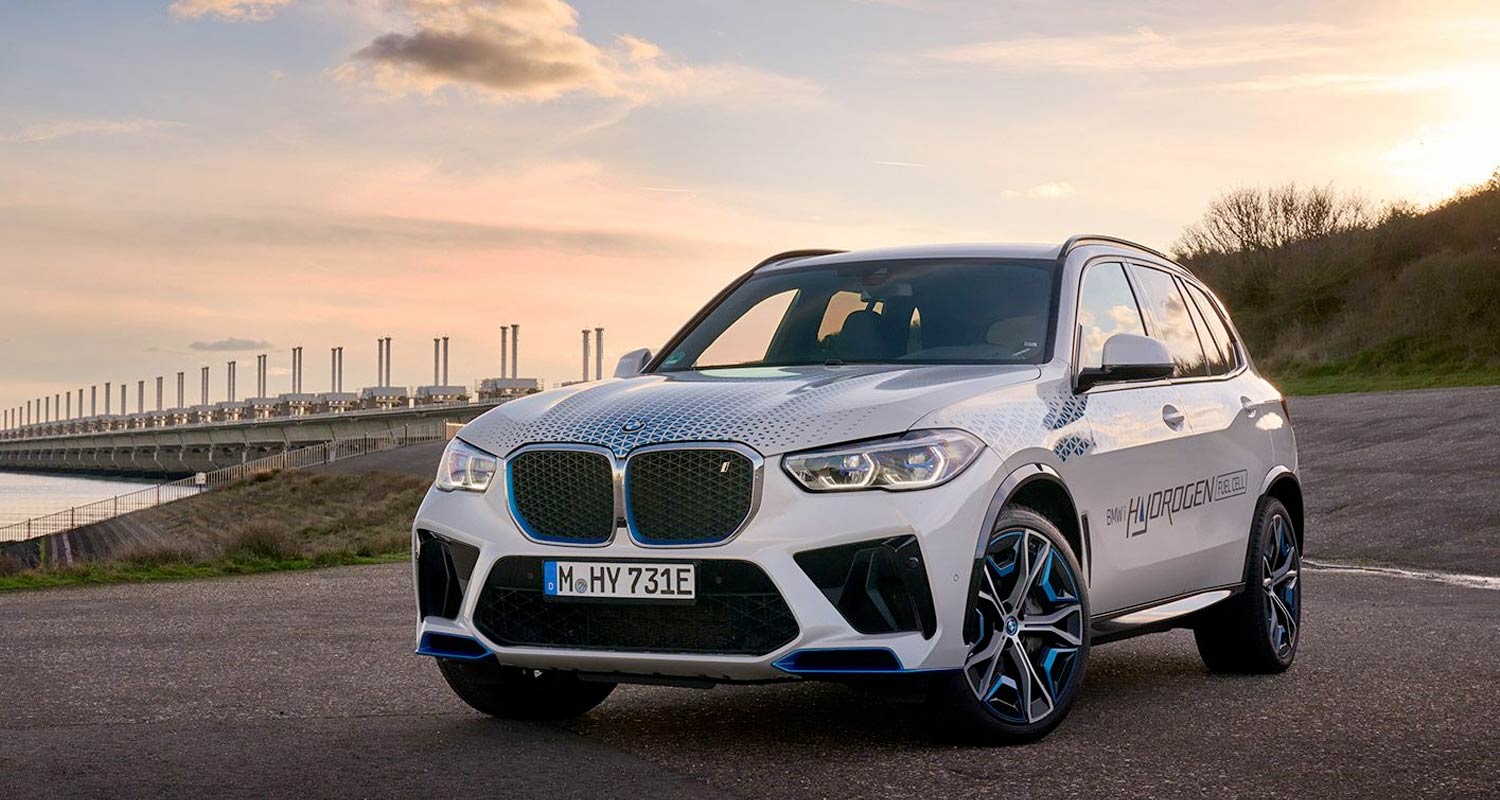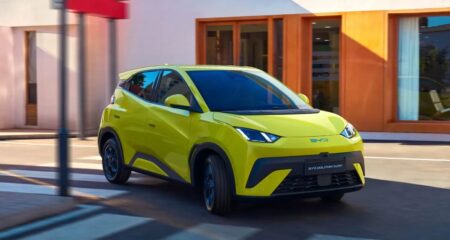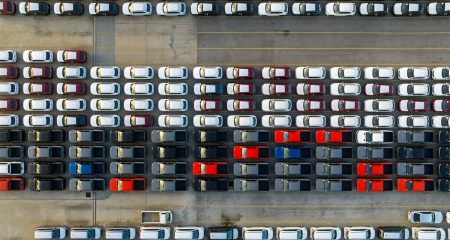
As the world transitions away from fossil fuels, new energy vehicles (NEVs) are coming to the fore as an alternative to the fossil fuel-guzzlers of the past. Battery-electric vehicles stand out as the frontrunners leading in the NEV category, with mass-market adoption being driven in China, the EU and the US.
Another alternative to petrol and diesel is hydrogen-powered cars. So far, though, Toyota is one of only two automotive manufacturers with hydrogen cars available commercially – and none in South Africa. Others, like Elon Musk’s Tesla, have dropped their hydrogen-fuel ambitions entirely, saying the technology “does not make sense”.
Hydrogen vehicles work through the interaction of hydrogen – stored at high pressure – with a fuel cell to generate electricity. Inside the fuel cell, the hydrogen is split into a proton and electron. The electrons flow into a circuit that powers the vehicle’s motor and the protons react with oxygen to form water vapour – the only by-product of the reaction.
“The reality around the current mobility situation for passenger vehicles is that all major OEMs (the car manufacturers) have committed to battery-electric vehicles to the point that that horse has bolted and none will turn back just to produce hydrogen vehicles,” Greg Cress, principal director for automotive and e-mobility at Accenture, told TechCentral in an interview last week.
“Also, a hydrogen vehicle is actually an electric vehicle. Instead of the battery being the energy source, you have a hydrogen fuel cell as the energy to drive the motor,” he explained.
But there are those that see hydrogen vehicles as a better alternative to cars using internal combustion engines (ICE) powered by petrol or diesel, including Hydrox Holdings CEO Corrie de Jager.
De Jager said hydrogen cars employ a clean energy source that, in theory, could utilise the same logistics networks as petrol- and diesel-powered vehicles in that – unlike EVs, which have long charging times – hydrogen vehicles can be refuelled quickly. According to De Jager, a five-minute refill of a hydrogen tank could provide up to 700km of range.
Less efficient
Cress, however, said hydrogen vehicles are less efficient than electric vehicles when the entire energy value chain – from where the energy is sourced up to it being used by the vehicle – is taken into consideration.
“When you look at the energy losses in the production of hydrogen versus charging a battery, you see massive differences in efficiency. For example, you lose about 84% of the energy input on petrol and diesel, meaning only 16% of that energy is used to drive the car. Looking at battery-electric vehicles under the same lens, you get 77% efficiency; with hydrogen, the efficiency output is just 33%,” said Cress.
He acknowledged that the longer range that hydrogen fuel provides is a positive which will lead to hydrogen fuel finding a niche in large, long-haul trucks along well-known logistics corridors. In the passenger vehicle market, however, hydrogen cars are going to face the same challenges EVs faced: new infrastructure for refuelling networks will have to be rolled out.
Read: TCS | Pretoria firm Hydrox Holdings in global hydrogen ‘breakthrough’
“Moving hydrogen around is very expensive and dangerous – since it is a gas, it must be pressurised. It could also leak. In fact, Shell has been closing down its hydrogen stations in California because it can’t see the long-term viability of these distribution networks,” said Cress.
California has the world’s most mature hydrogen vehicle market, with two models – the Hyundai Nexo and the Toyota Mirai – available for purchase. A third model range, the Honda Clarity series, is no longer offered.

There are no commercially available hydrogen-powered passenger cars in South Africa. However, BMW in February introduced three prototypes of its X5 SUV, dubbed the iX5 Hydrogen, to the local market for testing as part of a worldwide initiative.
“We have a fleet of fewer than 100 vehicles around the world that we are using to do real-world evaluations of how hydrogen vehicles might do once we bring them to market. We have some in Dubai to test their performance in really hot temperatures and three in South Africa to test how practical they are in third-world markets where the infrastructure to support them is not as readily available,” said Hailey Philander, manager of group automotive communications at BMW South Africa.
According to Philander, the iX5 Hydrogen’s two-tank system has a combined 6l capacity and uses fuel cells manufactured by Toyota. She said in using these vehicles, BMW South Africa found that a five-minute fill-up of hydrogen translates into about 500km of range.
BMW has partnered with Anglo Platinum and Sasol in trialling the vehicles in South Africa, with Sasol supplying the hydrogen required for the project.
Hydrogen can be sourced from methane gas, but the procedure is highly polluting and contrary to the objective of moving away from fossil fuels towards cleaner energy sources. Another way to source hydrogen is through electrolysis: passing a current through a water molecule to split it into hydrogen and oxygen.
“Southern Africa is seen as a potential green hydrogen hub and, where the infrastructure allows, we could develop and export green hydrogen for the rest of the world,” said BMW’s Philander.
Complementary
“We see the technology as complementary to full electric but with quicker refuelling. The vehicles are also lighter, because you don’t have to carry batteries around. Electric vehicles are well suited to short trips and inner city driving, but South Africans drive long distances,” she said.
In 2022, mining giant Anglo American announced a 220t hydrogen-powered prototype truck capable of carrying 290t of ore designed for open pit operations. The prototype – a converted Komatsu 930E – is powered by a 1.2MW battery pack and eight 100kW hydrogen fuel cells.
Despite uncertainties around the future success of hydrogen fuel in the passenger vehicle market, hydrogen vehicles are gaining traction in industrial and marine applications, powering forklift trucks and heavy-duty mining equipment like Anglo’s trucks.

In some parts of the world, public transport systems like trains and buses are turning to cleaner hydrogen fuel instead of diesel. For the fuel to become viable in South Africa, however, investment in infrastructure and distribution networks is critical. – © 2024 NewsCentral Media




